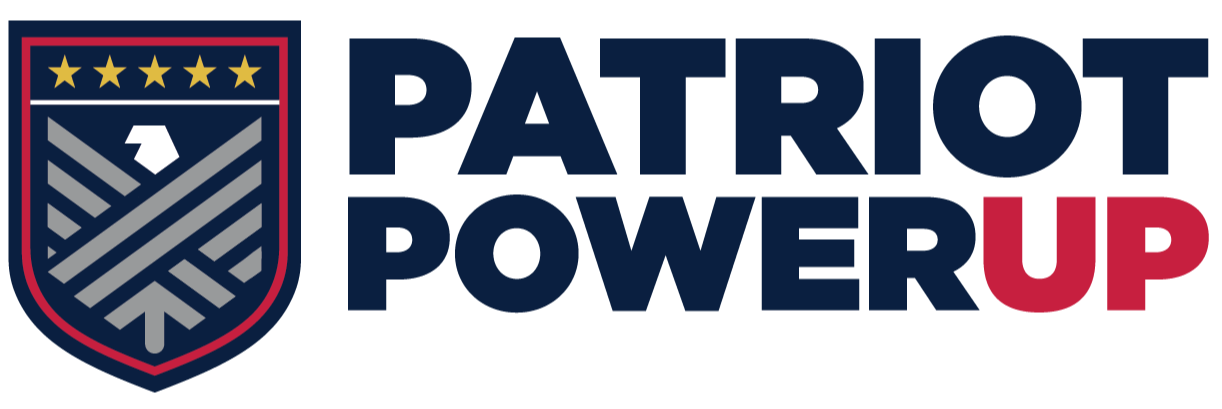$419 Million Stolen from Veterans: A Wake-Up Call for Us All
In 2024, U.S. Veterans reported losing an estimated $419 million to fraud, according to the Federal Trade Commission (FTC) [1]. That’s more than just a statistic—it’s a systemic crisis preying on the people who have already sacrificed more than most can imagine.
Scammers are increasingly targeting Veterans, servicemembers, caregivers, and survivors. These criminals exploit not just financial vulnerabilities but emotional ones, too—especially among Veterans battling PTSD, substance use disorders, mental health challenges, or homelessness.
Why Veterans Are Prime Targets for Scams
While any American can fall victim to a scam, Veterans are uniquely vulnerable due to factors such as:
- Trauma-related stress responses (e.g., difficulty concentrating or regulating impulses).
- Cognitive overload from managing complex VA claims, benefits, and recovery needs.
- Isolation from civilian life or loss of community.
- Unstable housing or homelessness, which increases exposure to opportunistic fraud.
- Limited access to mental health care or digital literacy gaps.
Studies have shown that mental health conditions such as PTSD are linked to increased financial vulnerability and susceptibility to manipulation [2].
“Their job is to make it so enticing that you’re going to go ahead, put your guard down and give all the information they want,” said Sal Castillo, Air Force veteran and Texas Veterans Commission (TVC) Claims Director, in an interview with KRIS 6 News.
Common Scams Targeting Veterans in 2024
Scammers are getting more creative, but many of their tactics revolve around themes of trust and urgency. Some of the most common schemes include:
- Fake VA or SSA calls demanding personal information or payment.
- Disability compensation scams promising fast-tracked benefits.
- Phishing emails and texts with fake military logos or urgent calls to action.
- Memorial service or burial benefits scams.
- Charity frauds impersonating veteran-support groups.
The VA and Social Security Administration will never contact you unsolicited for personal or financial information [3].
How to Protect Yourself or a Loved One
- Verify the Source: Always double-check the origin of phone calls, emails, or texts before responding.
- Don’t Click Unknown Links: Be cautious of links claiming to be from government agencies.
- Hang Up on Suspicion: If someone claims to be from the VA or SSA, hang up and call the verified agency number directly.
- Report Fraud Immediately: File a complaint with the FTC or through the VA’s Protecting Veterans from Fraud resource [4].
- Prioritize Mental Health: If you’re struggling, know that help is out there. Emotional strain can increase vulnerability—getting support can be a form of protection.
FAQs: Fraud Prevention for Veterans
Q1: Why are Veterans more likely to be scammed?
A: Veterans often navigate complex benefits systems, face mental health challenges, or experience housing insecurity—all of which scammers exploit. Those with PTSD, cognitive impairments, or isolation are especially at risk.
Q2: What should I do if I think I’ve been scammed?
A: Immediately report it to the FTC at ReportFraud.ftc.gov and alert the VA using VA Fraud Resources. Contact your bank if money was stolen.
Q3: Can PTSD or mental health issues really make me more susceptible to fraud?
A: Yes. Research has shown that trauma can impact decision-making and risk detection, especially under stress or fatigue [2].
Q4: Is it safe to talk about being scammed?
A: Absolutely. Shame and silence only help the fraudsters. Speaking up helps others protect themselves and often brings closure to victims.
Q5: How can I help other Veterans avoid scams?
A: Share verified resources, talk openly about scam tactics, and encourage your community to report fraud. Education is the strongest shield.
We Have Each Other’s Six
At Patriot PowerUP, our mission is to empower Veterans—not just physically, but mentally, and emotionally. Losing $419 million to fraud isn’t just an economic problem—it’s a moral one. It’s our duty to stand up, speak out, and protect one another.
If you’ve served, you deserve to be safe. If you’re struggling, you deserve support. Fraudsters thrive in the shadows—let’s bring them into the light.
References
[1]: Federal Trade Commission (FTC). (2024). FTC Estimated Veterans Lost $419 Million to Fraud in 2024. https://www.ftc.gov/news-events/news/press-releases/2024/03/ftc-report-shows-military-community-lost-419-million-fraud-2023
[2]: Pukay-Martin, N. D., Pontoski, K. E., Maxwell, M. A., et al. (2010). Psychiatric vulnerabilities and susceptibility to financial exploitation in veterans. Military Psychology.
[3]: U.S. Department of Veterans Affairs. How to Recognize Scams Targeting Veterans. https://www.va.gov/oig/hotline/scams.asp
[4]: U.S. Department of Veterans Affairs. VA Protecting Veterans from Fraud. https://www.va.gov/oig/hotline/scams.asp

